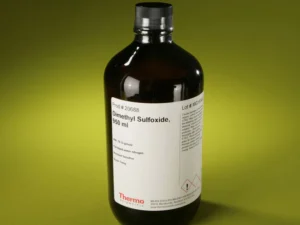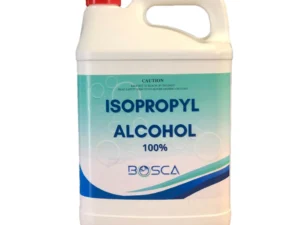Description
Okay, let’s craft an article on Propylene, targeting a general audience with some technical depth. Here’s the article:
Propylene: The Unsung Hero Shaping Our Modern World
Propylene, sometimes called propene, is a colorless gas with a faint, sweet odor. While it might not be a household name like its cousin ethylene, propylene is a vital building block in the global chemical industry. It’s the second-most important starting material after ethylene and plays a crucial role in manufacturing countless products we use every day. Let’s dive into what makes propylene so important.
What is Propylene and Where Does it Come From?
Propylene is an unsaturated organic compound, meaning it contains a carbon-carbon double bond. This double bond makes it reactive, allowing it to be easily converted into a wide range of other chemicals.
Propylene is primarily obtained as a byproduct during two main industrial processes:
- Steam Cracking: This process involves heating hydrocarbons (like naphtha or ethane) at high temperatures to break them down (or “crack” them) into smaller molecules, including both ethylene and propylene. Ethylene is the primary product of steam cracking, with propylene generated as a valuable byproduct.
- Refinery Catalytic Cracking and Fluid Catalytic Cracking (FCC): These processes are used in oil refineries to convert heavy crude oil fractions into gasoline and other lighter products. Propylene is produced as a byproduct, though in lower quantities compared to steam cracking.
- On-Purpose Propylene Production: Due to high demand, “on-purpose” propylene production is becoming more significant. Processes like propane dehydrogenation (PDH) specifically convert propane into propylene and hydrogen. This allows for a more controlled and targeted production of propylene independent of ethylene or gasoline demand.
The Many Faces of Propylene: What is it Used For?
Propylene’s real significance lies in its versatility as a feedstock for numerous chemical processes. Here are some of its major applications:
- Polypropylene (PP): This is by far the largest application of propylene. Polypropylene is a versatile plastic used in packaging, textiles, automotive parts, containers, and countless other everyday items. Its strength, flexibility, and resistance to chemicals make it ideal for diverse applications.
- Propylene Oxide (PO): Propylene oxide is a key intermediate in the production of polyurethanes, which are used in foams, adhesives, coatings, and elastomers. It’s also used to make propylene glycol, an antifreeze, and various other chemicals.
- Acrylonitrile: This chemical is used to make acrylic fibers (used in clothing and carpets), acrylonitrile butadiene styrene (ABS) plastic (used in automotive parts, appliances, and toys), and other important products.
- Cumene: Cumene is used in the production of phenol and acetone, both of which are important industrial solvents and chemical intermediates. Phenol, in turn, is used to make resins, plastics, and pharmaceuticals.
- Oxo Alcohols: Used as plasticizers in polyvinyl chloride (PVC) and as solvents.
The Propylene Market: Supply, Demand, and Future Trends
The demand for propylene is closely tied to the overall global economy and the growth of the plastics, automotive, and construction industries. As developing countries continue to industrialize, the demand for polypropylene and other propylene-derived products is expected to increase.
Supply can be affected by factors like the availability of feedstocks (naphtha, ethane, propane), the operating rates of steam crackers and refineries, and the investment in new on-purpose propylene production facilities.
The industry is also seeing a shift towards greater use of propane dehydrogenation (PDH) technology to meet growing propylene demand, offering more flexible and targeted production.
The Future of Propylene
As the world continues to seek more sustainable solutions, research is underway to explore alternative propylene production methods, including using bio-based feedstocks. The development of more efficient and environmentally friendly processes will be crucial for ensuring a sustainable future for this vital chemical building block.
In Conclusion
Propylene may not be a chemical compound that the average person thinks about every day, but it is an indispensable part of our modern world. From the packaging that protects our food to the materials that make up our cars, propylene plays a crucial, and often invisible, role in our lives. Its versatility and importance in numerous industries make it a key driver of the global economy. As demand continues to grow and sustainability becomes increasingly important, the propylene industry will undoubtedly continue to evolve and innovate in the years to come.











Reviews
There are no reviews yet.